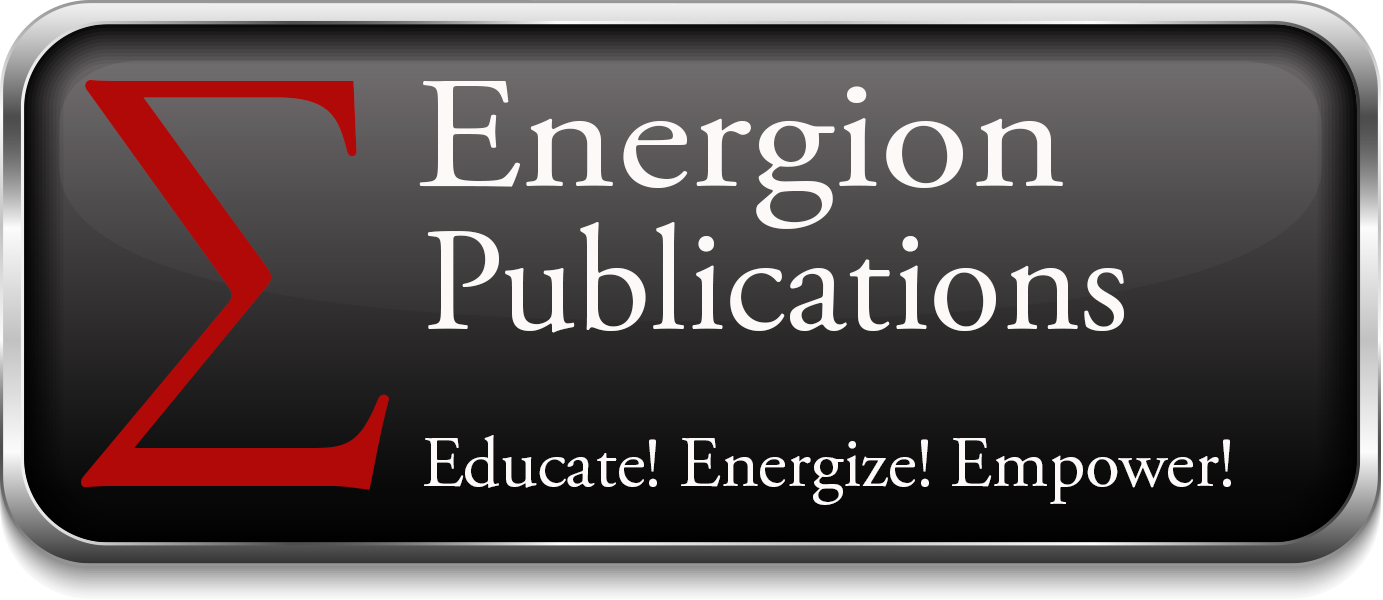Writers: Choose an Audience
(A sequel to Writers: Consider Your Audience.)
You might be thinking that I should have talked first about choosing an audience. You may be correct. On the other hand, I think it’s critical to understand that your audience makes a difference in what you write.
Writing can be a lonely task. It’s just you and whatever implements you use to get your thoughts into writing. But if what you write is not just a private journal, if you intend to publish it, then writing becomes a form of social activity.
I imagine, as I write this, that my audience is authors or prospective authors, especially those who may be considering Energion Publications as a publisher. I hope through what I write to let you know that I’m a fairly relaxed, mildly (I hope) odd sort of a publisher. When I write for my company blog there is always a sense that I’m introducing myself and my company to potential readers. This may be the first encounter you have with my company. I also hope to alert authors to the importance of knowing and consciously choosing an audience for their writing.
In doing so, I have chosen what I consider a light-hearted style, but have seeded it with a few words with extra syllables just for fun. There is a sense here of both attracting and defining that audience at the same time. I can define the audience because I know what the mission of Energion Publications is, and I know what sort of books we’re looking for to carry out that mission.
Do you know what your own mission is when you write? If so, do you know who you intend to reach with that writing?
I frequently hear the line: I’m writing for everyone.
No. You’re. Not.
As an editor, I’d say, “If you’re writing to everyone, you’re writing to no one.” As a marketer, I say, “If you’re selling to everyone, you’re selling to no one.” I’d say those two things for the same reason.
Everything that makes your writing generic in order to invite new people into your audience detracts from its ability to address any particular group. There’s a balance in this. You can define your audience in such a way that there is nobody in it.
I remember saying of one book that the number of people who would have the capability to use it was tiny, and the ones who knew enough to use it wouldn’t need it. The book had defined its own audience out of existence.
Of another book I had to note that it really said nothing in particular because the writer was too busy saying everything in general. That author felt that increasing the number of people addressed would also increase the number of customers.
For example, you cannot address both very advanced students of a subject and beginners in the same book. To the extent that you simplify, you drop advanced students from your audience. If you instead add more advanced material, you drive away the beginners.
Likewise, with age, every word you write to make the book more relevant to teenagers is making the book less helpful to preteens. Words that are exciting for Kindergartners will not be attractive to teens.
Here’s the key: Define a clear mission statement for your writing. Write it down. You’re a writer, after all. Make it short and to the point. Then, as you write or rewrite, consider each thing you do according to that mission statement. If it doesn’t carry out your mission, be ruthless. Change it, eliminate it, replace it.
The delete key (or eraser) is your friend.



